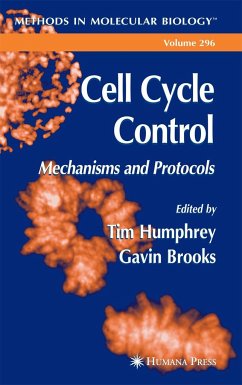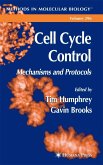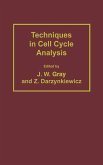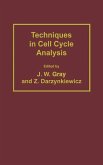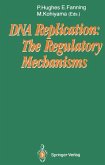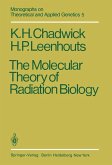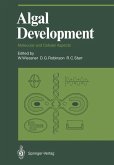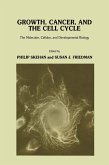The fundamental question of how cells grow and divide has perplexed biologists since the development of the cell theory in the mid-19th century, when it was recognized by Virchow and others that "all cells come from cells." In recent years, considerable effort has been applied to the identification of the basic molecules and mechanisms that regulate the cell cycle in a number of different organisms. Such studies have led to the elucidation of the central paradigms that underpin eukaryotic cell cycle control, for which Lee Hartwell, Tim Hunt, and Paul Nurse were jointly awarded the Nobel Prize for Medicine and Physiology in 2001 in recognition of their seminal contributions to this field. The importance of understanding the fundamental mechanisms that modulate cell division has been reiterated by relatively recent discoveries of links between cell cycle control and DNA repair, growth, cellular metabolism, development, and cell death. This new phase of integrated cell cycle research provides further challenges and opportunities to the biological and medical worlds in applying these basic concepts to understanding the etiology of cancer and other proliferative diseases.

